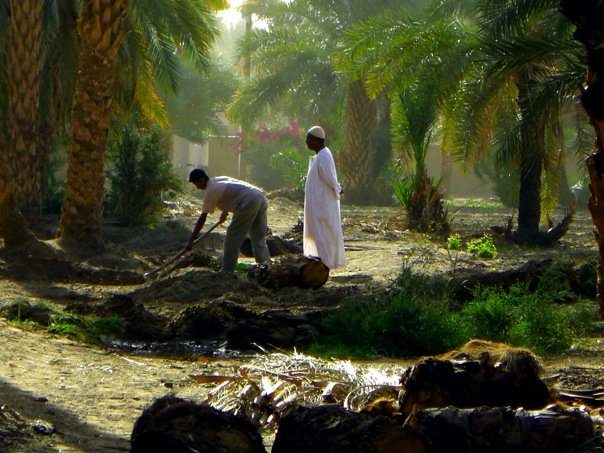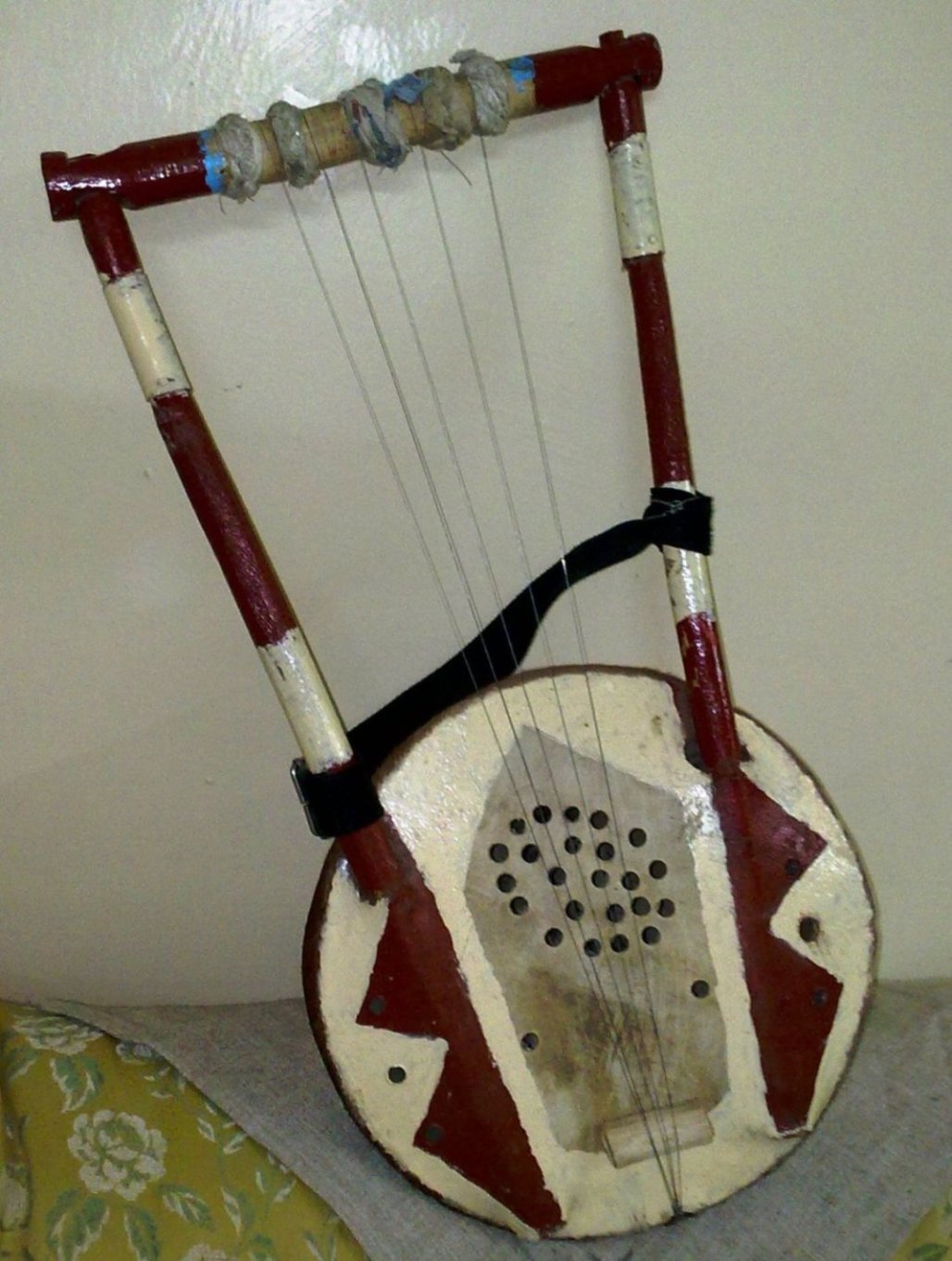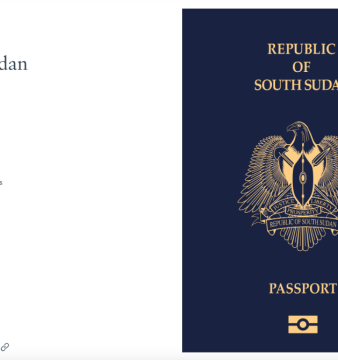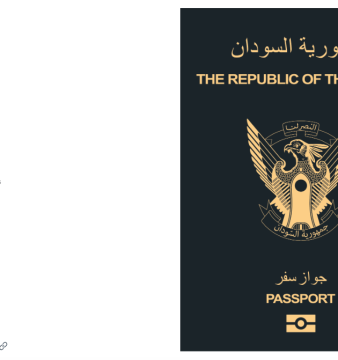A year among farmers (part 1)
I recently spent a year in the Northern State as part of my National Service obligations; in Mojarrab, a lush green area north of Dongola and my family’s hometown. I was training in a local hospital and working at a rural health center on the weekends. I felt strangely at home. but this city boy knew little about farmer’s culture.
It was summer when I arrived; I was surprised that there were not many farming activities, but I was told that the real farming starts at the beginning of winter. The summer months of June, July and August (denoted by farmers using the Pharaohic-Coptic month names of Bawoona, Abeeb and Misri, respectively) are to go to Khartoum to visit relatives and friends; buy TV sets, satellite dishes, cell phones, refrigerators, and other electronics; and to go for medical check-ups. It also marks the return of ‘expatriates’, both from different parts of Sudan and abroad, , all carrying gifts in the form of bags full of clothes and perfumes – for summer is wedding season..
This is a time for celebration: lambs (and sometimes cows) are slaughtered, families get together, with the sound of music (the “tamboor – a traditional instrument, or recorded songs) heard well past midnight from nearby and faraway places. But it is also a time for relaxation: those who are used to the hustle and bustle of the city, its traffic, and its crowds suddenly find themselves in a different world, enjoying the tranquillity of the village, the unassuming kindness of the villagers, and the awe-inspiring vastness of a clear night sky filled with stars.
But lest one get carried away, some work is still needed in the farms during summer, such as taking care of the animals and growing their fodder – berseem, or Egyptian Clover. Berseem also serves as a soil-renewing crop in the Nile Valley, and is known to be preferable to other clovers and alfalfa, commonly used as animal fodder in countries such as the United States.
For almost a century, Khor Argo, a man-made deep creek that branches out of the eastern bank of the Nile north of Dongola, passes by Mojarrab, and returns to the Nile at Argo, used to be full of water during the Nile’s annual flood, making summer the major farming season along the Khor. However, the construction of the Merowe Dam – African’s largest hydropower project – in 2009 ended the annual flood, and with it the flow of water to Khor Argo. The Khor is now mostly dry, forcing people to switch the farming season to winter.
And after what I had lived that summer, I couldn’t wait..
Featured image by Tom Allen







Very nice precise diary, direct to the point.
Good job Dr Marwan, I’m looking forward to know more about ” Mojarrab”.
correction: (some work is still needed in the farms during summer, such as taking care of the animals and growing their fodder – berseem.)
-I mean really ” taking care of their fodder– berseem “; the true fact is; Berseem grown in winter not during summer, particularly in the late December, then irrigated and receive care throughout the year.